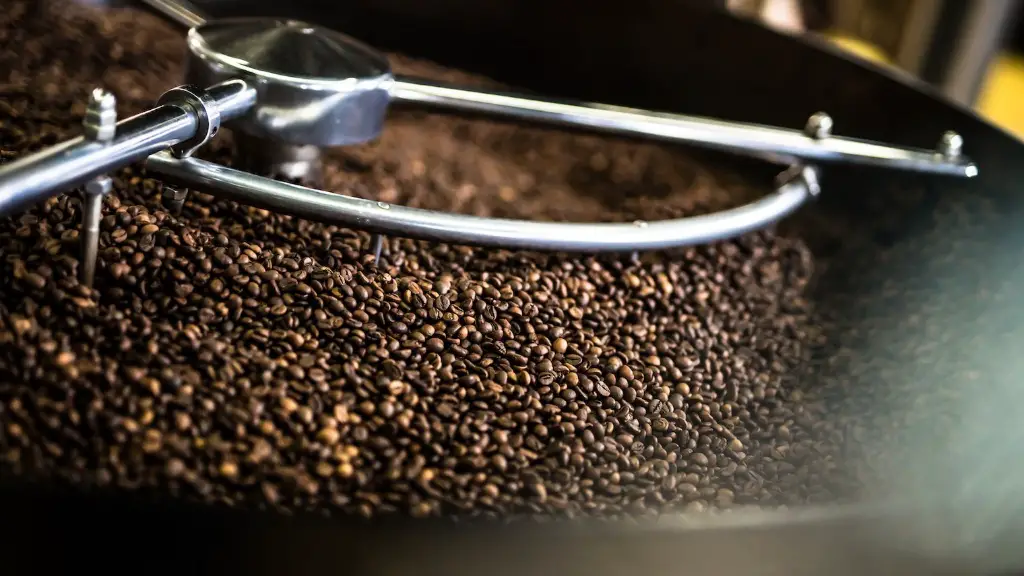Coffee is a beloved drink for many, comprising nearly 70% of beverages consumed worldwide. Whether it be for a basic morning boost or the perfect way to de-stress after a long day, most people don’t think twice when they reach for a cup of joe. But, while coffee can offer a variety of health benefits, coffee-lovers should be aware of the connection between coffee and blood sugar levels.
Of course, everyone’s body is different, meaning that everyone will react to coffee differently. For some, coffee can cause a spike in their blood sugar levels, resulting in an overload of energy that might eventually lead to an easy crash. Others, however, may find that coffee actually helps to stabilize their blood sugar levels by lowering the glycemic index.
Getting to the bottom of just what is going on in the body when consuming coffee isn’t as easy as it sounds. The thing to keep in mind is that coffee has both direct and indirect effects on blood sugar levels. First off, caffeine itself has been linked to an increase in blood sugar levels. Apart from that, coffee is also very high in antioxidants, which can help reduce insulin resistance. Research has suggested that antioxidants in coffee help to reduce inflammation, thereby promoting better blood sugar control over time. On the other hand, coffee also adds an acidic element to the body, and, for those people who are already suffering from digestive problems or have an unfavorable pH balance, this can lead to further stress in glucose regulation.
When looking into the specifics of how coffee can affect blood sugar levels, it’s important to consider the other ingredients that can be added to coffee, such as sugar, milk products, and syrups. As a general rule, anything that adds more calories or sugar content to a cup of coffee, such as milk, is more likely to lead to a rise in blood sugar levels than black coffee.
Experts agree that the best way to get the most out of coffee and keep your blood sugar levels healthy is to stick to black coffee, try to limit added sugars or syrups and also remember to cozy up to a balanced diet.
For many people, reaching for a cup of coffee can be the difference between a productive day and an unproductive one, however, careful restraint and monitoring is key to keep your blood sugar levels in check. If you are diabetic, or are one of the many that feel that their daily coffee intake is making them too jittery, it may be worth talking to your doctor about ways to maintain your coffee habit while still being healthy.
Alternative Energy sources
One alternative to coffee for people looking for an energy boost is green tea. Green tea is a source of caffeine, although its effects on blood sugar levels is much milder than regular coffee. Green tea is also rich in antioxidants and polyphenols, which are similar to those found in coffee that, in addition to providing a gradual release of caffeine into the body, can actually help to improve communication between cells, reduce inflammation, and stabilize blood sugar levels when taken regularly.
People instead looking for an alternative non-caffeine source of energy may want to try foods such as oatmeal, nuts, seeds, and cereals. These snacks are high in carbohydrates, providing the body with a slow and steady release of energy, while not spiking blood sugar levels. Some dried fruits can also provide a healthy and sustained burst of energy, while also being packed full of vitamins and minerals.
A final approach can be to try a teaspoon of honey, which contains both glucose and fructose, providing an immediate burst of energy while slowly aiding in digestion. Do note that while honey has significant health benefits, too much of it can work against you, leading to increased sugar levels and unexpected spikes.
Caloric Intake
It is essential to make sure that you are getting the calories your body needs in order to perform at its best. Balance between carbs, proteins, and fats is key for a steady source of energy and healthier blood sugar levels. Eating fats and proteins with carbohydrates can help slow down the absorption of sugars into the bloodstream, making for a more balanced energy source.
Of course, portion size can also be a huge part of helping to maintain your blood sugar levels. It’s important to adjust your portion sizes depending on what kinds of food you are eating and the amount of calories you need to consume. People with diabetes or pre-diabetes should pay extra-special attention to portioning the right number of carbohydrates throughout the day.
Exercises
Physical activity is also a major factor when trying to maintain a steady and healthy blood sugar level. Exercise helps to increase the body’s sensitivity to insulin while keeping glucose away from fat cells, meaning that more sugar can be used by the body instead.
As a general rule, the more intense the activity, the better the blood sugar control. Fast-paced walking, running, swimming, and cycling are all great ways to keep your blood sugar levels consistent, as well as helping to reduce the risk of various other chronic diseases.
It’s important to note that when engaging in exercise, your body’s response may vary depending on the amount of time has passed since your last meal. Being well hydrated can also soften the blow of an increased blood sugar levels, so make sure to drink plenty of water before and after working out.
Importance of Sleep
When looking after your blood sugar levels, it is also important to maintain healthy sleeping patterns. Poor sleep has been linked to type II diabetes in numerous studies, meaning that getting enough sleep each day is essential to help maintain glucose levels.
Other aspects of your routine such as night time device use and eating too much before bed can also interfere with your sleeping pattern by keeping your brain active and disrupting the body’s natural progression towards sleep. Sticking to a set bedtime and avoiding too many snack cravings are great ways to help maintain not only healthy sleeping patterns but your general wellbeing as well.
Stress Management
Stress is a big factor when it comes to blood sugar levels because the body’s reaction to stressful situations increases blood sugar levels. In order to keep blood sugar controlled, it is important to find effective stress coping strategies that work for you.
Practicing mediation, therapy, taking regular breaks and even involving yourself in distraction activities, such as playing a game or listening to music can help to decrease stress, enabling your body to stay alert and healthy. Moreover, indulging in soothing activities such as yoga and breathing exercises, can be great ways to manage cortisol levels and conscious relaxation.




